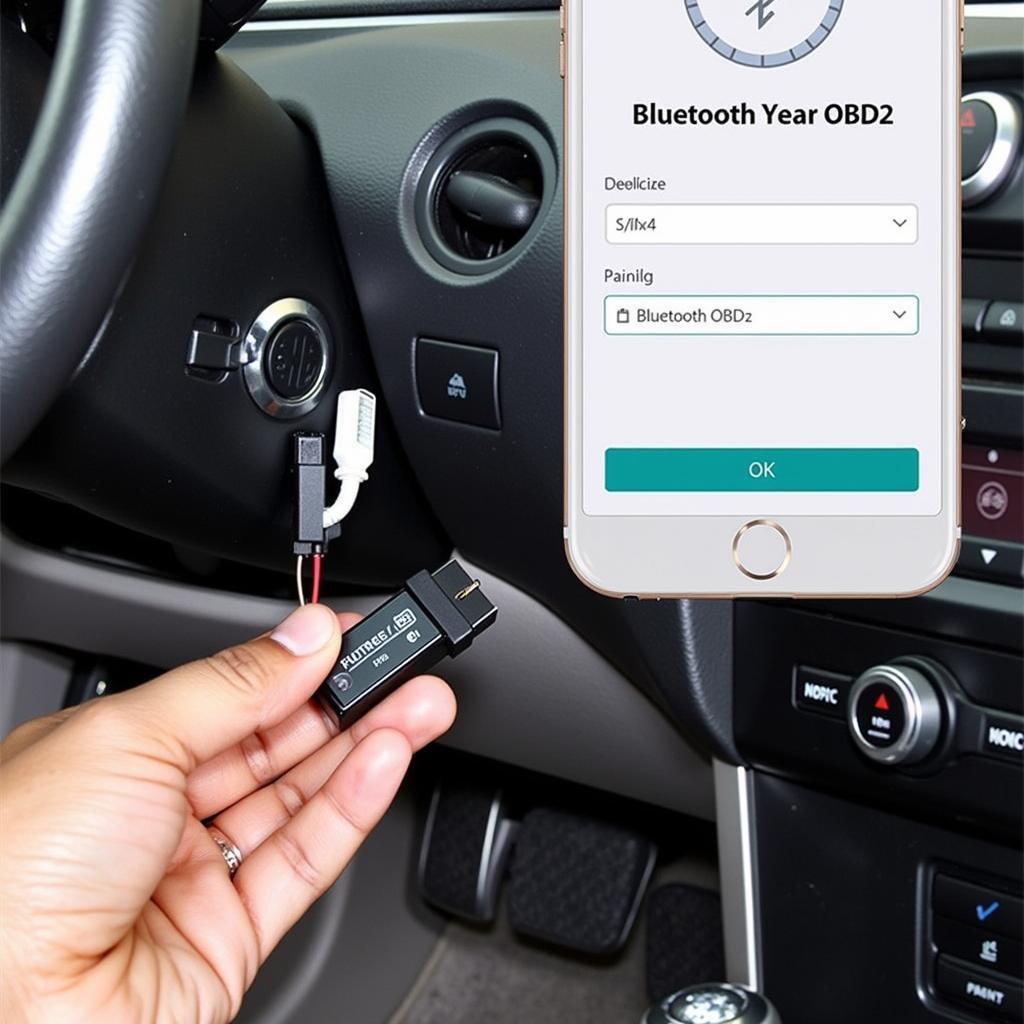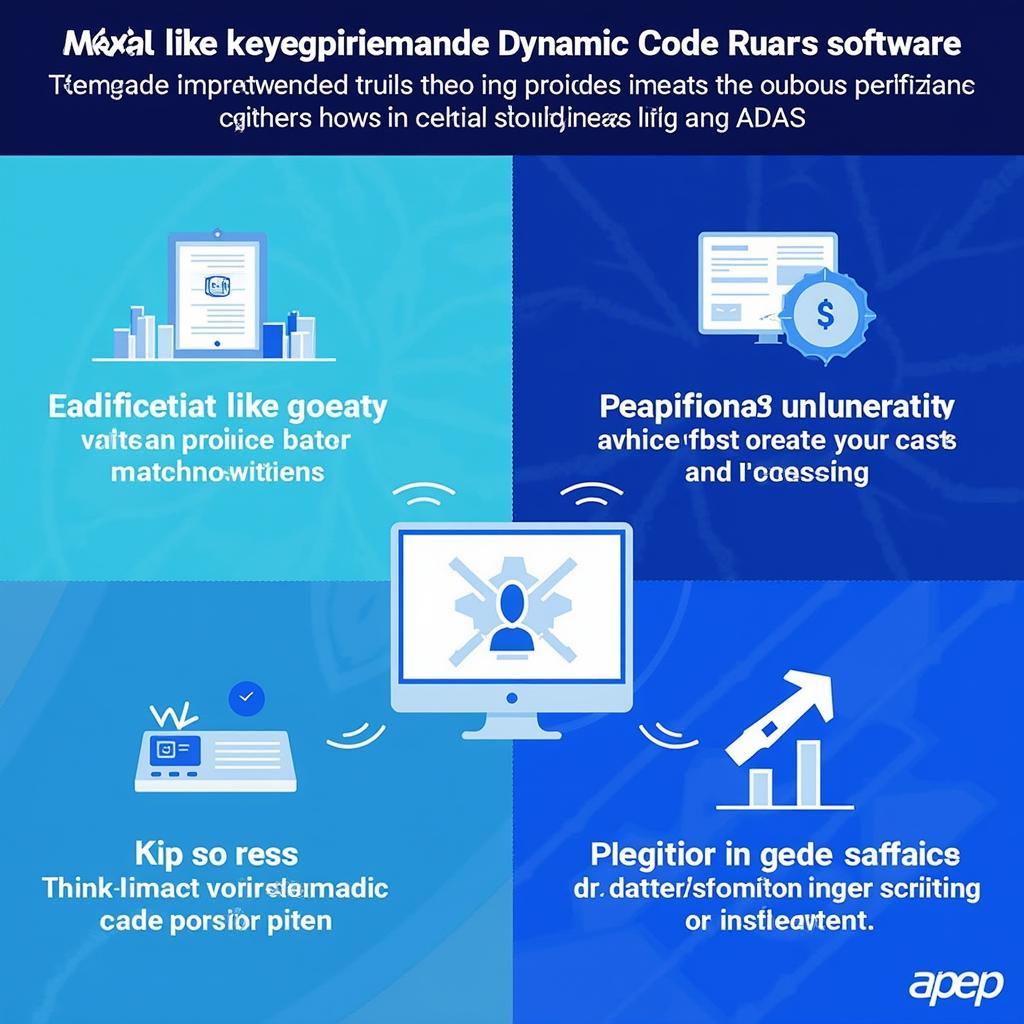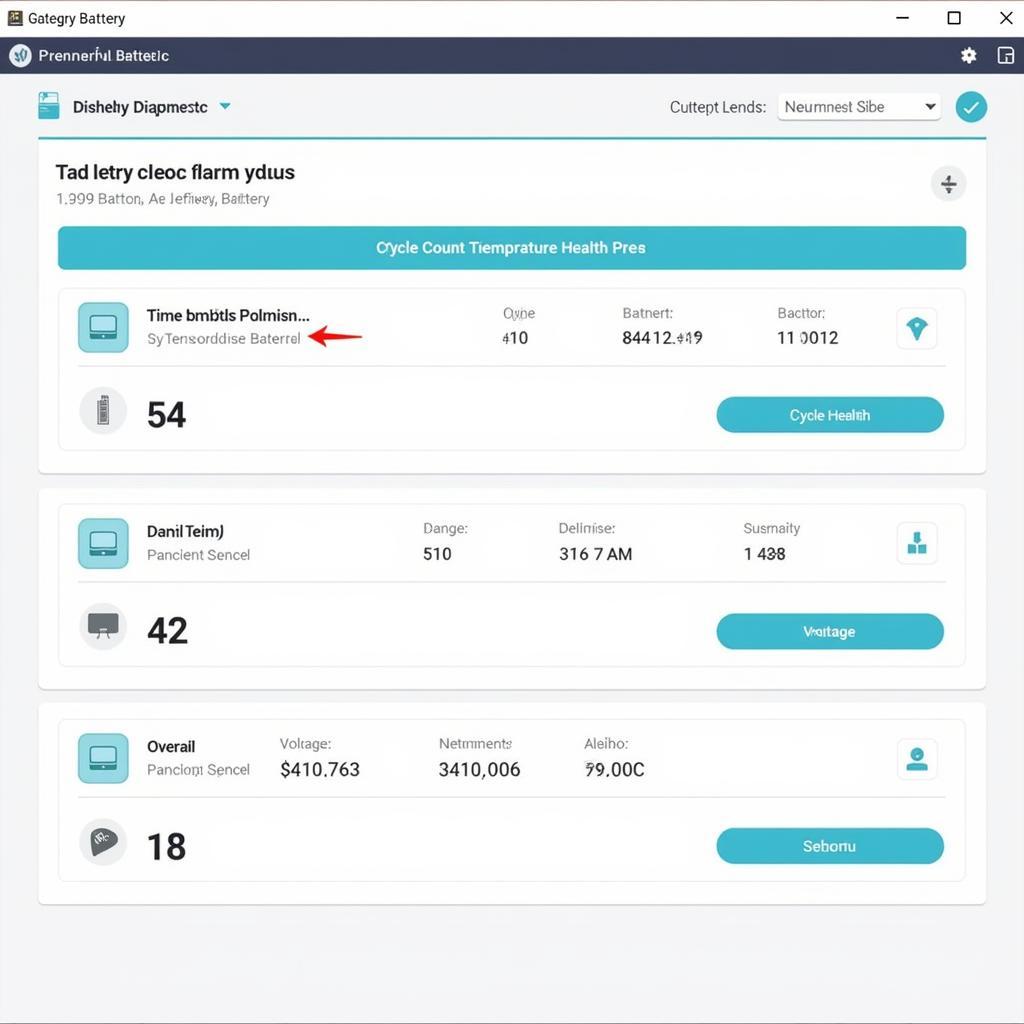Kali Vulnerability Scanning Tools are essential for security professionals and ethical hackers to identify weaknesses in computer systems and networks. These tools, often open-source and packed with powerful features, automate the process of scanning for known vulnerabilities, providing invaluable insights to strengthen your security posture.
Why Kali Linux for Vulnerability Scanning?
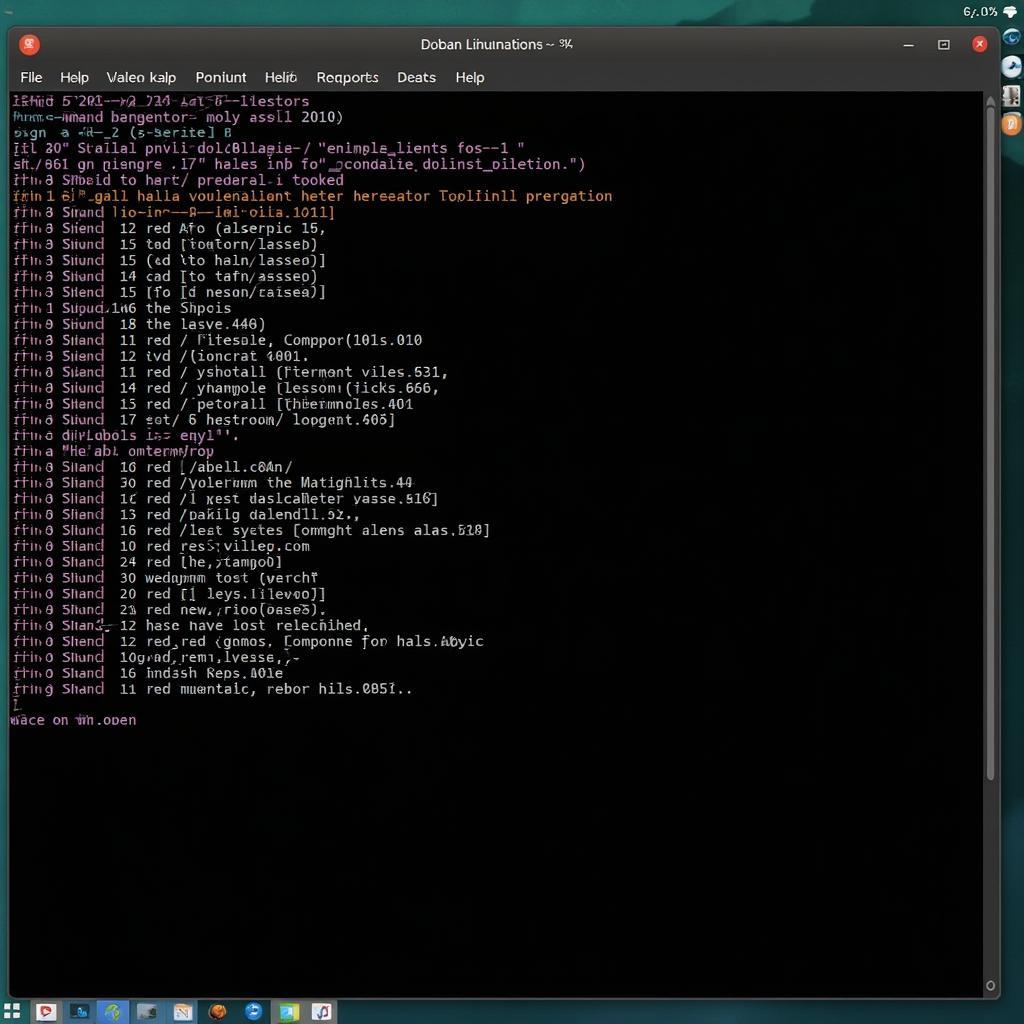 Kali Linux Vulnerability Scanning
Kali Linux Vulnerability Scanning
Kali Linux, a Debian-based distribution, has become synonymous with ethical hacking and penetration testing. It comes pre-loaded with a vast arsenal of tools, including a dedicated suite for vulnerability scanning. This eliminates the hassle of individually sourcing and installing tools, providing a ready-to-deploy environment for security assessments.
Exploring Kali’s Vulnerability Scanning Arsenal
kali linux port scanning tools are just the tip of the iceberg. Kali boasts a comprehensive collection of tools, each tailored to specific vulnerability scanning needs:
-
Nmap (Network Mapper): This versatile tool goes beyond basic port scanning, allowing for network exploration, OS fingerprinting, and service version detection. It’s a cornerstone in network reconnaissance and vulnerability identification.
-
OpenVAS (Open Vulnerability Assessment System): A powerful and comprehensive vulnerability scanner that performs in-depth checks for a wide range of security flaws. It provides detailed reports and remediation guidance, making it ideal for comprehensive vulnerability assessments.
-
Nikto: Specifically designed for web server security assessments, Nikto crawls websites, checking for known vulnerabilities, outdated server software, and insecure configuration practices.
-
Metasploit Framework: While not strictly a vulnerability scanner, Metasploit provides a vast library of exploits that can be used to test the exploitability of identified vulnerabilities. It helps understand the real-world impact of security weaknesses.
Best Practices for Effective Vulnerability Scanning with Kali
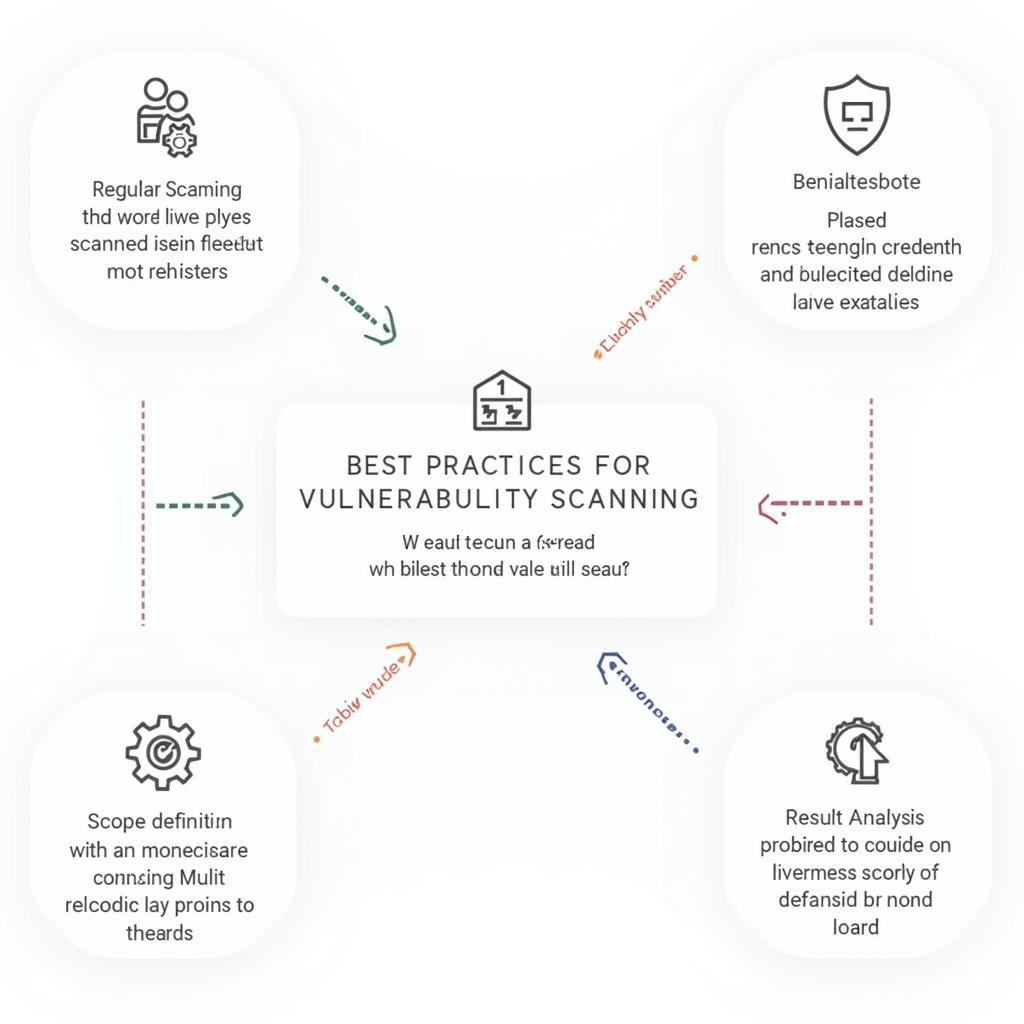 Effective Vulnerability Scanning
Effective Vulnerability Scanning
Using Kali’s vulnerability scanning tools effectively requires a strategic approach:
-
Define Your Scope: Clearly outline the systems, networks, or applications you intend to scan. This ensures focus and prevents unnecessary scanning of out-of-scope assets.
-
Regular Scanning: Vulnerability scanning is not a one-time task. Schedule regular scans, including after system updates or network changes, to identify and address vulnerabilities promptly.
-
Prioritize Findings: Not all vulnerabilities pose an equal threat. Use vulnerability scoring systems (CVSS) to prioritize remediation efforts based on severity and potential impact.
-
Stay Updated: The threat landscape is constantly evolving. Regularly update your Kali system and vulnerability scanning tools to ensure you have the latest signatures and capabilities to detect emerging threats.
Beyond Automated Scans: Manual Verification and Analysis
tools scanning provide a valuable starting point, but relying solely on automated tools can be limiting.
-
False Positives: Automated scanners can sometimes flag false positives. Manual verification ensures you’re focusing on actual vulnerabilities and not wasting resources on non-issues.
-
Contextual Understanding: Automated tools may not always fully grasp the context of your environment. Manual analysis helps interpret scan results within your specific infrastructure and security requirements.
Real-World Applications: Kali Vulnerability Scanning in Action
The applications of Kali vulnerability scanning tools extend across various industries:
-
Network Security Audits: Identify and address vulnerabilities in network devices, servers, and applications to strengthen overall network security.
-
Web Application Security: Uncover security flaws in web applications, such as cross-site scripting (XSS) and SQL injection vulnerabilities, to protect sensitive data and user information.
-
Compliance and Penetration Testing: Meet regulatory compliance requirements by conducting regular vulnerability assessments and penetration tests to demonstrate the security posture of your systems.
“Regular vulnerability scanning is no longer a best practice, it’s a necessity. Kali Linux provides the tools, but it’s the knowledge and expertise of the user that truly unlocks its potential.” – John Doe, Senior Security Consultant
Conclusion
Kali Linux offers an impressive arsenal of vulnerability scanning tools, empowering security professionals and ethical hackers to identify and address security weaknesses. By understanding the strengths and limitations of these tools and adopting a systematic approach, organizations can significantly enhance their security posture, proactively mitigating risks in today’s ever-evolving threat landscape.
Need help with your automotive electrical systems? Contact CARW Workshop at +1 (641) 206-8880 or visit our office at 4 Villa Wy, Shoshoni, Wyoming, United States. We specialize in diagnostic and repair solutions for all your automotive needs.





